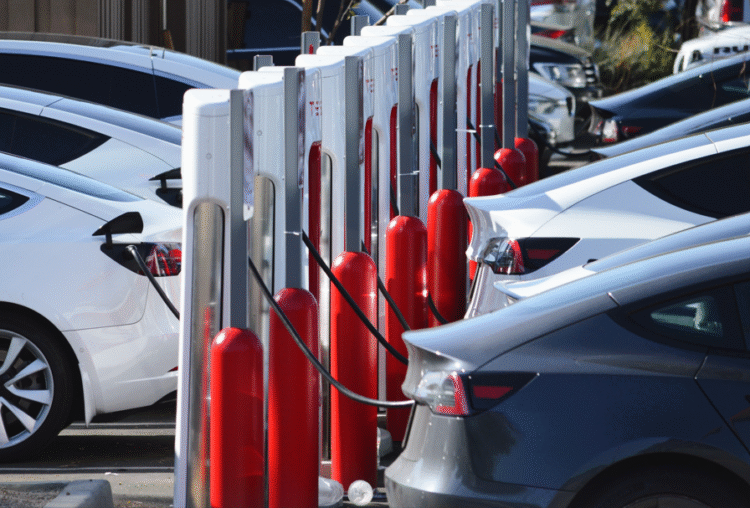Supply chain disruption, rising vehicle prices and volatile fuel costs are prompting organisations to rethink their company car benefit policies.
This was a key finding in research, with 1,641 UK organisations by WTW, that examined company car benefits and commuting policy trends. It revealed that 47 percent of UK organisations are reconsidering which vehicle makes and models they include in their policies.
BMW, Tesla and Audi are among the brands being favoured as delivery delays, spare parts shortages and maintenance challenges continue to affect the automotive industry.
With costs increasing, 30 percent of UK companies plan to raise the company car benefit budget per employee. In Europe, some organisations are exploring the option of offering a cash allowance instead of a vehicle, aiming to improve flexibility and reduce both administrative work and the risks linked to ownership and operational costs.
Sustainability regulations and government initiatives are also influencing decisions. A third (33 percent) of UK companies are introducing more environmentally friendly vehicles, while 22 percent are implementing CO2 emission ceilings. Alternative commuting options are being explored, with 20 percent of UK organisations offering free bicycle, scooter or motorbike parking. In Europe, 22 percent of employers are looking at offering public transport allowances.
Yifan Huang, rewards data intelligence lead at WTW, said: “While many companies are responding to external factors when reviewing their company car policies, their main objective is to align with market practices, competitiveness and sustainability.
“In unpredictable times, it is even more important to have access to reliable market data sources to have a clear understanding of shifts in market practices, so that policies are designed and delivered in a way that’s relevant to employees, sustainable and affordable.”
The results are outlined in the WTW 2025 Company Car Benefits Survey Report.












